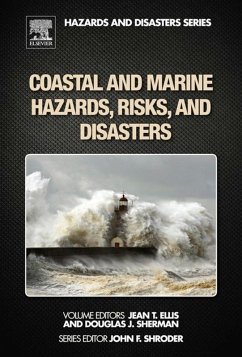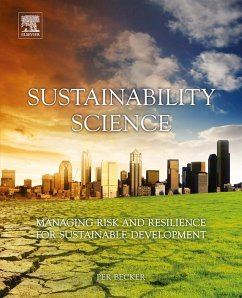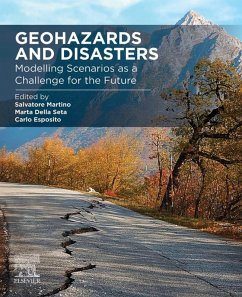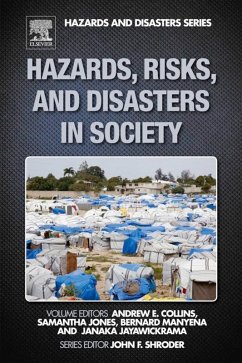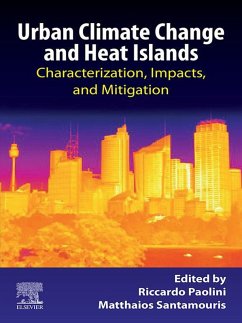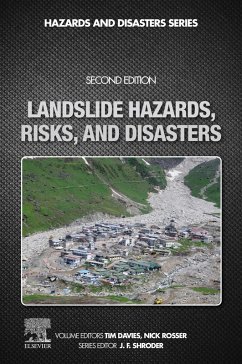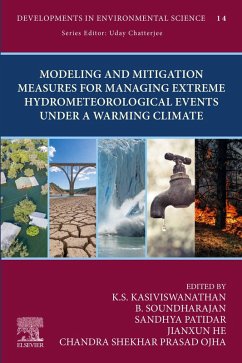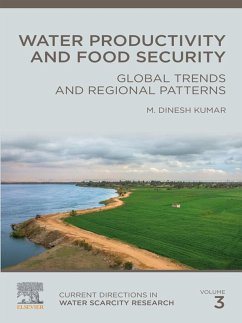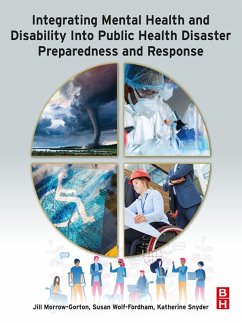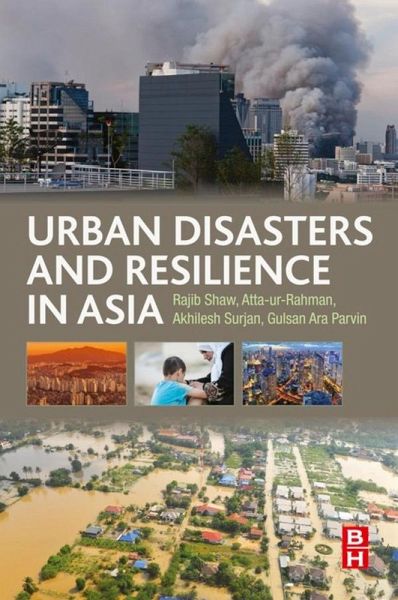
Urban Disasters and Resilience in Asia (eBook, ePUB)
Versandkostenfrei!
Sofort per Download lieferbar
42,95 €
inkl. MwSt.
Weitere Ausgaben:

PAYBACK Punkte
21 °P sammeln!
Urban Disasters and Resilience in Asia presents the latest information on the intensity and frequency of disasters. Specifically, the fact that, in urban areas, more than 50% of the world's population is living on just 2% of the land surface, with most of these cities located in Asia and developing countries that have high vulnerability and intensification. The book offers an in-depth and multidisciplinary approach to reducing the impact of disasters by examining specific evidence from events in these areas that can be used to develop best practices and increase urban resilience worldwide. As ...
Urban Disasters and Resilience in Asia presents the latest information on the intensity and frequency of disasters. Specifically, the fact that, in urban areas, more than 50% of the world's population is living on just 2% of the land surface, with most of these cities located in Asia and developing countries that have high vulnerability and intensification. The book offers an in-depth and multidisciplinary approach to reducing the impact of disasters by examining specific evidence from events in these areas that can be used to develop best practices and increase urban resilience worldwide. As urban resilience is largely a function of resilient and resourceful citizens, building cities which are more resilient internally and externally can lead to more productive economic returns. In an era of rapid urbanization and increasing disaster risks and vulnerabilities in Asian cities, Urban Disasters and Resilience in Asia is an invaluable tool for policy makers, researchers, and practitioners working in both public and private sectors. - Explores a broad range of aspects of disaster and urban resiliency, including environmental, economic, architectural, and engineering factors - Bridges the gap between urban resilience and rural areas and community building - Provides evidence-based data that can lead to improved disaster resiliency in urban Asia - Focuses on Asian cities, some of the most densely populated areas on the planet, where disasters are particularly devastating
Dieser Download kann aus rechtlichen Gründen nur mit Rechnungsadresse in A, B, BG, CY, CZ, D, DK, EW, E, FIN, F, GR, HR, H, IRL, I, LT, L, LR, M, NL, PL, P, R, S, SLO, SK ausgeliefert werden.




